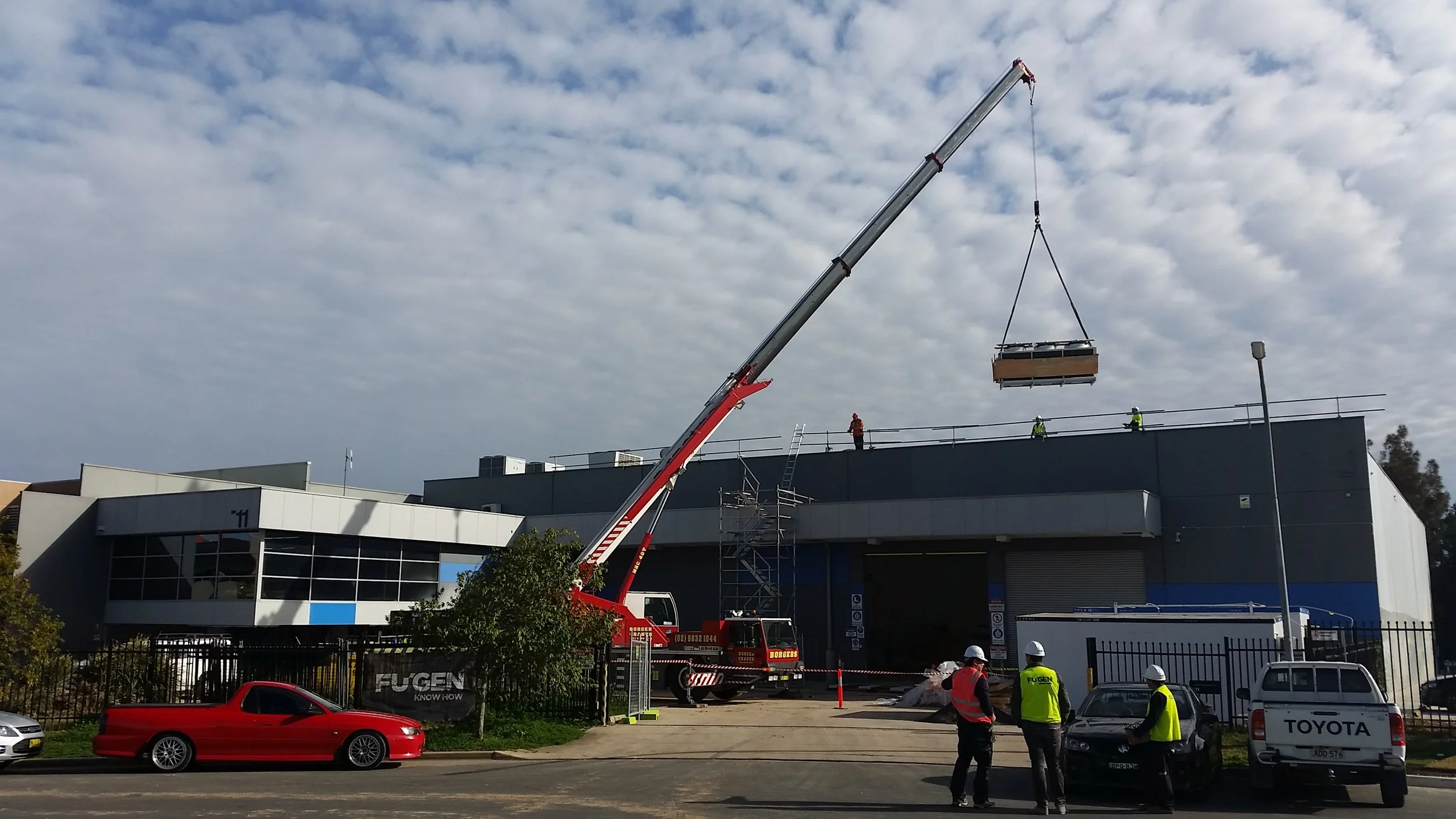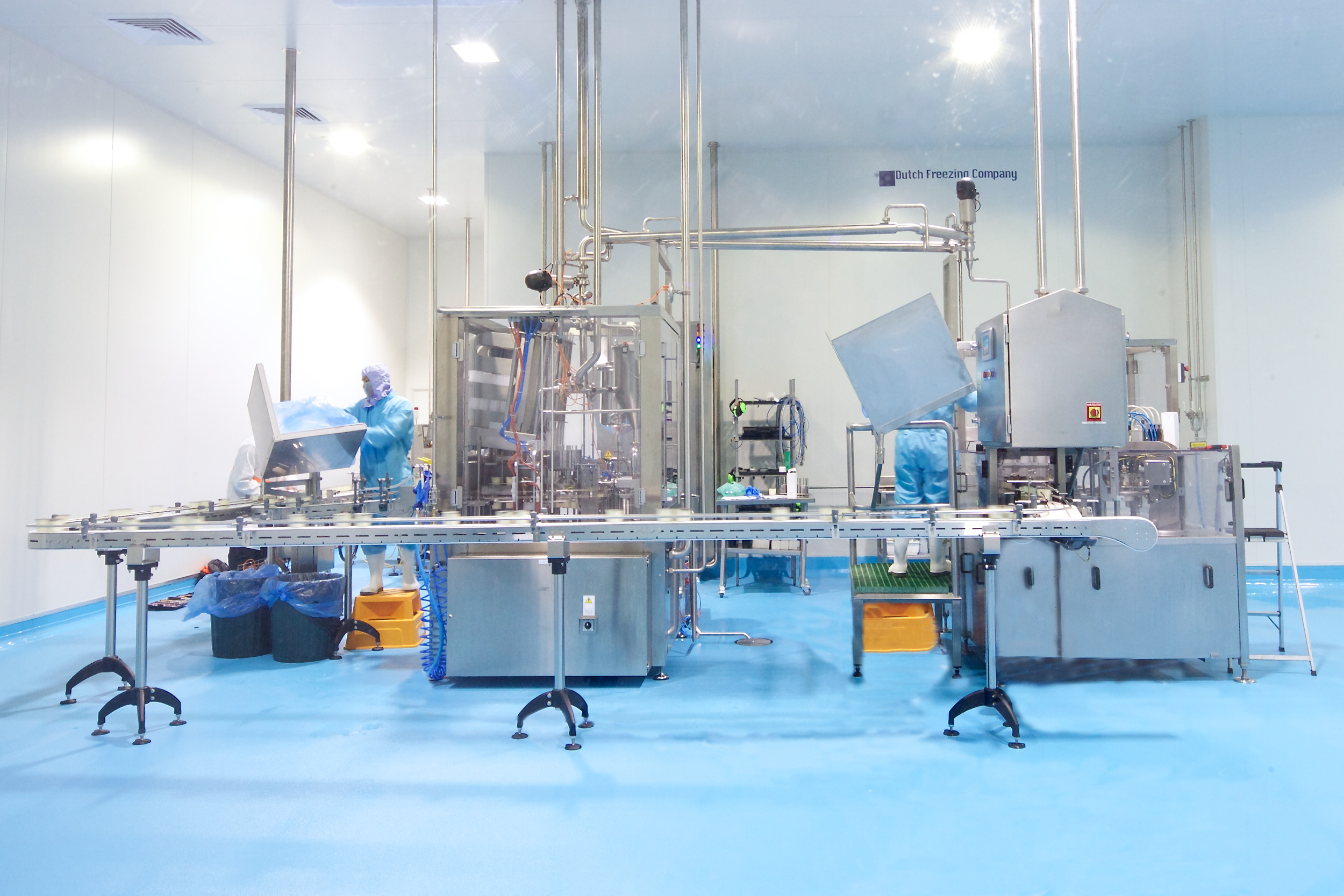The Solution
PDP Fine Foods partnered with RMR Process, a Melbourne-based food manufacturing specialist, to transform their production capabilities. RMR Process provided end-to-end support:
1.Facility Upgrade: Helped PDP Fine Foods locate and convert a larger site into a modern production facility
2.Strategic Automation: Implemented high-tech automation systems specifically designed for premium dessert production
3.Process Optimisation: Redesigned production workflows to maximize efficiency while maintaining product quality
Case Study:
Wicked Sister Desserts
The Challenge
Wicked Sister, a premium dessert brand from PDP Fine Foods, began with humble origins when founder Paul Polly was inspired by a homemade rice pudding recipe. Starting with just a single 40-litre pot and spoon in a small Bankstown facility, the company experienced rapid growth as their premium desserts gained popularity.
However, this success created a significant challenge: their production capacity couldn't keep pace with increasing demand. The manual production methods that worked in the early days were becoming a bottleneck to growth, threatening the company's ability to fulfill orders and expand their market presence.
The Results
The transformation delivered remarkable results:
Production Capacity: Increased from approximately 12 tons per week to nearly 20 tons per day—a 1,200% improvement
Employment Impact: Achieved this growth without reducing staff numbers, instead redirecting employees to higher-value tasks
Quality Consistency: Maintained the premium quality and homemade character of products despite the significant scale increase
Business Growth: Enabled the company to meet growing demand and expand into new markets and product lines




